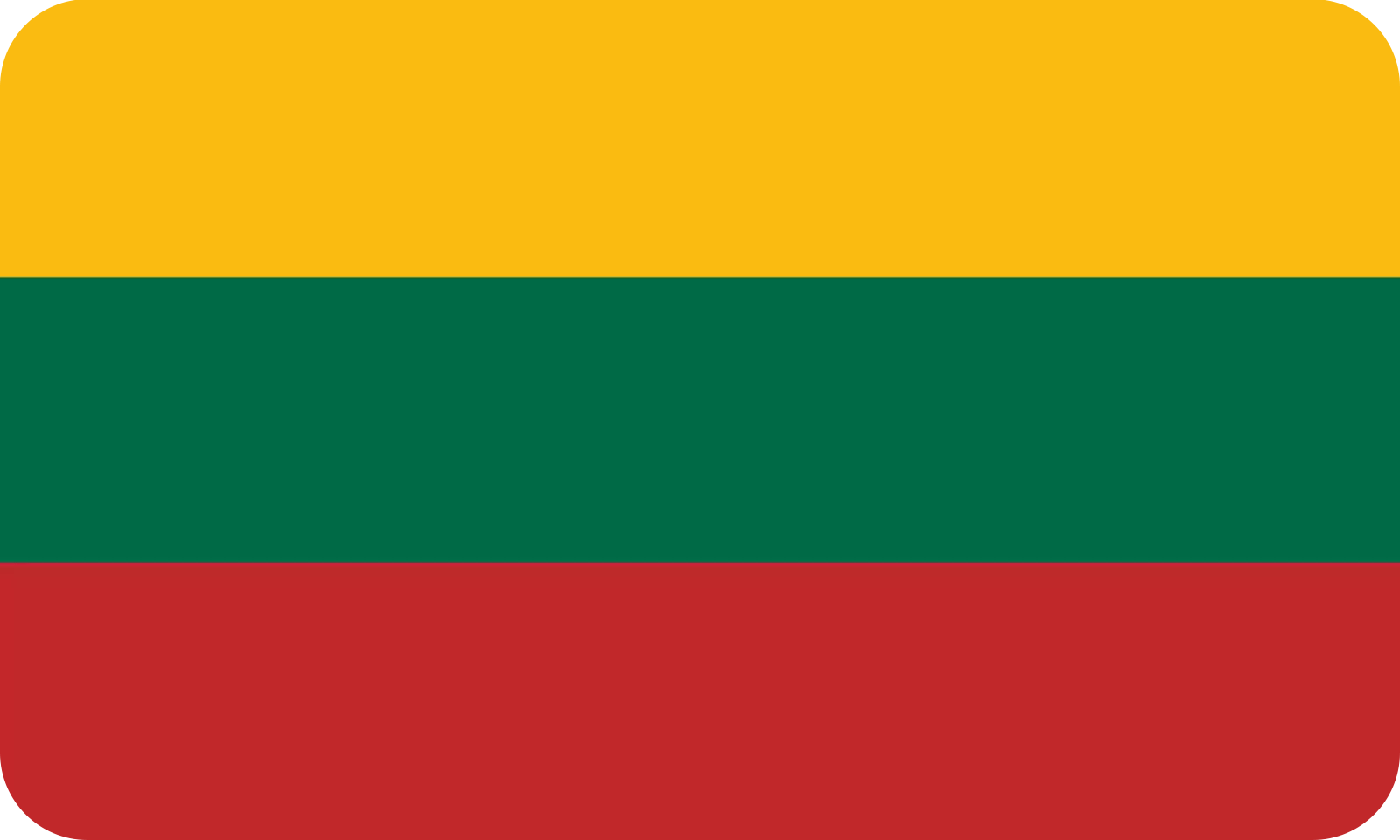
Study in Lithuania
Lithuania has become a popular destination for international students due to its quality education, affordable living costs, and vibrant culture. Here’s an overview of the intake process for international students:
Universities and Programs
Lithuania has several universities offering programs in various fields of study. The main universities include:
- Vilnius University
- Kaunas University of Technology
- Vytautas Magnus University
- Vilnius Gediminas Technical University
- Mykolas Romeris University
Intakes
Lithuanian universities typically have two main intakes:
- Fall Intake: Starts in September
- Spring Intake: Starts in February
Most programs, especially at the undergraduate level, accept students primarily in the fall intake. However, some graduate programs may have both fall and spring intakes.
Application Deadlines
Deadlines can vary by university and program, but here are some general guidelines:
- Fall Intake: Applications are usually open from November to June.
- Spring Intake: Applications are usually open from August to November.
Application Process
1. Choose a Program: Research universities and programs that suit your interests and career goals.
2. Check Requirements: Each program will have specific entry requirements, such as academic qualifications, language proficiency (usually IELTS or TOEFL for English-taught programs), and other documents.
3. Prepare Documents: Commonly required documents include:
- Academic transcripts and diplomas
- Proof of English language proficiency
- Curriculum Vitae (CV)
- Motivation letter
- Letters of recommendation
- Copy of passport
4. Submit Application: Applications are typically submitted online through the university’s admission portal.
5. Pay Application Fee: Some universities may require an application fee.
6. Wait for Response: Universities will review applications and notify students of their decisions.
Admission Requirements
- Academic Qualifications: Varies by program and level of study.
- Language Proficiency: Minimum scores for IELTS (usually 5.5-6.5) or TOEFL (usually 70-90) depending on the program.
- Other Requirements: Some programs might require a portfolio, entrance exam, or an interview.
Visa Process
Once admitted, students must apply for a national visa (D) and a temporary residence permit. The process involves:
- Visa Application: Submit the necessary documents, including the admission letter, proof of financial means, health insurance, and a valid passport.
- Residence Permit: Apply for a temporary residence permit upon arrival in Lithuania.
Tuition Fees and Scholarships
- Tuition Fees: Vary by university and program, typically ranging from €1,000 to €5,000 per year for undergraduate programs and up to €8,000 per year for graduate programs.
- Scholarships: Various scholarships are available for international students, offered by the Lithuanian government, universities, and other organizations.
Living Costs
Lithuania is relatively affordable compared to many Western European countries. Monthly living expenses, including accommodation, food, transportation, and personal expenses, can range from €300 to €600.
Conclusion
Lithuania offers a welcoming environment for international students with quality education and affordable living. Prospective students should carefully research their options, adhere to application deadlines, and ensure they meet all requirements to successfully gain admission to their chosen program.
